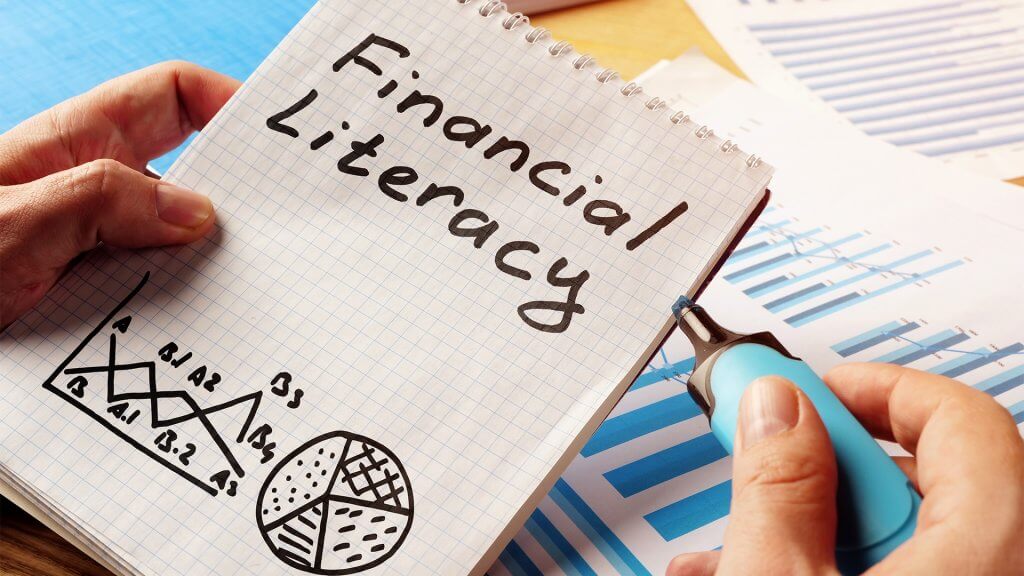
As the telecoms industry nears the new era of 5G and disruption, organisations need to focus on innovation, and how to continue competing in the sector. To become more efficient and customer-friendly, many companies are looking for new technologies to help reinvigorate and future-proof their business; preparing them for the unescapable disruption to come. When it comes to streamlining their operations, unlocking new business models and reducing operational costs, there’s one technology that’s helping CSPs transform their business — blockchain. With this in mind, Lars Rensing, CEO and Co-Founder of enterprise blockchain provider Protokol, outlines 6 ways blockchain will impact the telecoms sector:
1. Securing the future of 5G
5G will allow connected devices to interconnect instantly and without friction, as well as over wider ranges. With predictions that by 2022, two-thirds of almost 30 billion connected devices will be IoT devices, 5G will certainly play an important role. There are, however, a few creases which still need to be ironed out to successfully implement 5G. Take the current Access Network Discovery and Selection Function System (responsible for selecting the most appropriate access network for a device) for example. The system is centralised and prone to delays and issues surrounding provisioning of networks. With a blockchain-based solution, smart contracts can make the provisioning between networks and the end user seamless. By enforcing dynamic rules and contracts across these networks, blockchain can also unlock discounted rates or better connections.
There are also some security concerns around 5G. To be implemented safely, the data being received by connected devices must be trustworthy and free from the intervention of those with malintent. To enable 5G to reach its full potential and protect against large-scale security breaches, blockchain can ensure that data transferral is tamper-proof, decentralised and verified in real-time.
2. Keeping customer identities secure
When a customer registers for a new account with a telecoms company, they have to go through a sign-up process, which requires sharing and uploading sensitive personal information. Being stored with a third-party, however, could place customer information at risk of inefficient management, fraud or hacks. Hacks are happening all the time, such as the Equifax hack in 2017, or the recent breach of EasyJet’s customer information. In response to potential breaches of user data, some telecoms networks are looking to integrate blockchain, meaning that customer identities are stored in a decentralised, tamper-proof ledger with no single point of failure, rather than with a third-party. It is also a technology based inherently on cryptography, and as such is immutable and unhackable at its core. This is enabling providers to enhance security, as well as reduce both the legal costs and brand damage associated with data breaches.
3. Handing control back to the customers
Many telecom solution providers have begun working towards blockchain-powered identity-as-a-service solutions, which has led to the idea of self-sovereign identity. These solutions hand the power over a consumer’s digital identity back to them, while simultaneously making it easier and less invasive for the telecom company to manage. Not only does this alleviate storage concerns for providers, but it also allows consumers to take back control of the information they share online; which has become an increasing priority for consumers following large-scale data misuse scandals, such as Cambridge Analytica.
This self-sovereign identity movement also presents a largely untapped revenue stream for telecoms providers, who can offer ‘identity-as-a-service’ solutions to their customers. These solutions can also be offered to their network partners to create more streamlined and profitable relationships between them. The vast amount of data that Communications Service Providers (CSPs) possess, combined with the prevalence of smartphones means that CSPs are in a unique position to become the primary source of identity and authentication services. CSPs who are ahead of the game and act on this now could find themselves in a position where they are providing and managing blockchain-based identities that their customers use not only with them, but across all of their devices, apps and organisations. This helps consumers reduce the hassle and privacy threat of identifying themselves to government agencies, banks and other businesses.
4. Automating data roaming
Currently, when customers travel outside of the EU, a large number of intermediaries are involved in ensuring they can access mobile/data networks. Roaming charges have previously been settled by carriers after checking the roaming information provided by international data clearing houses (DCH) and financial clearing houses (FCH). This process has led to a considerable amount of time and money wasted in checking the real-time usage history through DCHs and FCHs and adjusting the errors. Not only is this expensive and inefficient, but it also makes for an inconvenient experience for the customer.
To combat this, some telecoms providers are using blockchain to create smart contracts that can be executed without human intervention. The smart contracts can automatically trigger settlements in real time, allowing settlement systems to verify and confirm the usage data which is exchanged by mobile operators to provide roaming services to their customers. It then settles the charges in real-time if it finds no errors in the verification process. Customers benefit from a transparent, automated experience, and companies can cut costs and increase efficiency.
5. Streamlining the automation of SLAs
SLAs (Service Level Agreements) are crucial to the telecoms sector, but their monitoring is often inefficient and subject to delays and disputes. Many telecoms organisations are investing in the automation of SLAs, although this can still involve manual processes. To avoid this, some companies are using smart contracts on the blockchain, in order to clarify the conditions of SLAs and to make monitoring more transparent. Not only this, but smart contracts allow payments to be automated on completion of the agreed-upon terms; for instance, if a client is without service for a period, they’ll receive a rebate automatically, without having to claim one.
6. Making mobile number portability easy
Although mobile number portability has been available for some time, it is often difficult to execute. Disconnect between providers who need or hold necessary information to complete the transfer makes the process difficult and full of delays, which is frustrating for customers, and delays onboarding for providers. Telecoms providers can use blockchain to accelerate the process, using it as one network for all providers to access the same information. Blockchain technology can help ensure that this information is trustworthy and secure, allowing network providers to offer a seamless, cost-effective service to their customers.



















